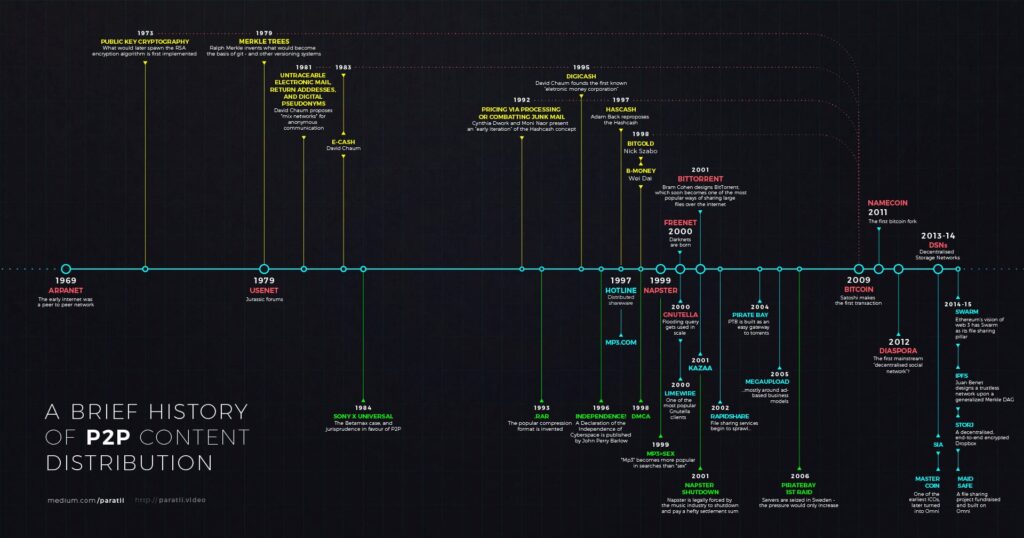What Are Progressive Web Apps?
At their core, Progressive Web Apps are web applications that use modern web capabilities to deliver an app-like experience to users. Unlike traditional apps, which need to be downloaded from app stores, PWAs can be accessed directly through a web browser. They are built using standard web technologies like HTML, CSS, and JavaScript but are designed to work across all platforms, including desktop and mobile devices.

Like a website, a PWA can run on multiple platforms and devices from a single codebase. Like a platform-specific app, it can be installed on the device, can operate while offline and in the background, and can integrate with the device and with other installed apps.Mozila.orgTweet
The Rise of Progressive Web Apps
The rise of PWAs can be attributed to several key factors. Firstly, the growing demand for a seamless user experience across different devices has driven the need for applications that are versatile and adaptable. PWAs meet this demand by offering a consistent experience, whether you’re on a smartphone, tablet, or desktop computer.
Secondly, PWAs have emerged as a solution to some of the limitations of traditional mobile apps. For example, native apps require users to visit an app store, find the app, download it, and then install it. This process can be time-consuming and may deter potential users. PWAs eliminate these steps, allowing users to access the app instantly through a URL. This ease of access is a significant advantage in today’s fast-paced digital world.
Key Features of Progressive Web Apps
PWAs are packed with features that make them appealing to both users and developers. Some of the standout features include:
- Offline Access: PWAs can work offline or with limited connectivity, thanks to service workers. This feature ensures that users can continue using the app even when they are not connected to the internet, which is crucial for maintaining engagement in regions with unstable network conditions.
- Push Notifications: Just like native apps, PWAs can send push notifications to users. This feature allows businesses to keep their users engaged by sending updates, reminders, and promotional messages directly to their devices.
- App-Like Feel: PWAs offer a native app-like experience with smooth animations and fast responses to user interactions. They can also be added to the home screen, providing easy access just like traditional apps.
- Automatic Updates: One of the standout features of PWAs is their ability to update automatically in the background. Unlike native apps, which require users to download updates from the app store, PWAs always run the latest version without user intervention.

Why Businesses Are Adopting PWAs
Businesses across various industries are rapidly adopting PWAs, and for good reason. One of the main benefits of PWAs is cost-effectiveness. Developing and maintaining a PWA is generally cheaper than building separate native apps for iOS and Android. Since PWAs use a single codebase that works across all platforms, businesses can save time and money on development and maintenance.
Moreover, PWAs are known for their improved performance and speed. Since they are lightweight and use caching strategies to store data locally, PWAs load quickly and provide a smooth user experience. This performance boost can lead to higher user satisfaction and engagement, which ultimately translates to better business outcomes.
Enhanced User Engagement and Conversion Rates
User engagement is a critical factor for any business with an online presence. With features like push notifications and offline access, PWAs offer enhanced user engagement, leading to higher conversion rates. When users receive timely notifications about new content or promotions, they are more likely to return to the app, increasing the chances of conversion.
For example, businesses that have switched to PWAs have reported significant improvements in their metrics. According to data from Google, companies that adopted PWAs saw a 20% to 250% increase in conversion rates compared to their previous mobile websites.
SEO Benefits of PWAs
Progressive Web Apps also offer several SEO benefits, making them an attractive option for businesses looking to improve their online visibility. Unlike native apps, which are not indexed by search engines, PWAs are discoverable through search engines because they are essentially websites. This means that businesses can leverage traditional SEO strategies to increase the visibility of their PWAs in search results.
Additionally, PWAs often have faster loading times compared to traditional websites. Google considers page speed as a ranking factor, so faster-loading PWAs have a better chance of ranking higher in search results, attracting more organic traffic.
Accessibility and Inclusivity
Another significant advantage of PWAs is their ability to make digital content more accessible and inclusive. Since PWAs can be accessed through any web browser, they are available to a broader audience, including those who may not have access to the latest smartphones or who prefer not to download apps.
Furthermore, PWAs are designed to be responsive, meaning they automatically adjust to different screen sizes and orientations. This responsiveness ensures that users have a consistent and enjoyable experience, regardless of the device they are using.

Future of Progressive Web Apps
The future of Progressive Web Apps looks promising as more businesses and developers recognize their potential. As web technologies continue to evolve, we can expect PWAs to become even more powerful and feature-rich. Already, companies like Twitter, Starbucks, and Pinterest have successfully implemented PWAs and have seen significant improvements in user engagement and performance.

In addition to advancements in technology, we also anticipate broader adoption of PWAs across different industries. For example, sectors like e-commerce, travel, and media are likely to see increased PWA adoption due to the need for fast, reliable, and engaging user experiences.
Conclusion
Progressive Web Apps are changing the way we think about web and mobile development. By combining the best of both worlds—web and native apps—PWAs offer a versatile, cost-effective, and powerful solution for businesses looking to engage their users and improve their online presence. As a team of technology experts, we’ve seen the transformative impact of PWAs and believe they are here to stay. Whether you’re a developer looking to explore new technologies or a business aiming to enhance your digital strategy, PWAs are worth considering.
In a world where user experience and accessibility are paramount, Progressive Web Apps represent a significant step forward. They provide a seamless, app-like experience that is fast, reliable, and engaging—qualities that are increasingly important in our digital age. So, if you haven’t already, it might be time to consider adding PWAs to your digital toolkit.
